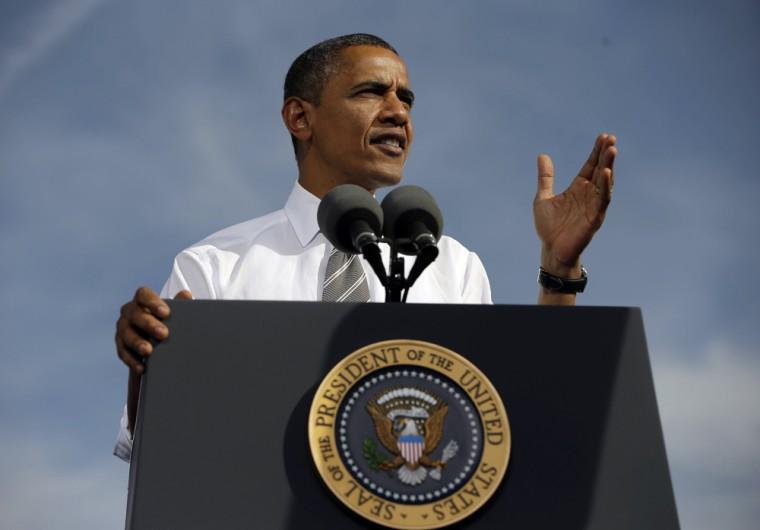As election results poured in on the evening of Nov. 6, 2008, Baton Rouge was alive with young people.
My roommates were lighting victory cigars and my neighbors were dancing in the parking lot. I was sitting in my room, updating my Facebook feed as state after state went for Democratic candidate Barack Obama.
We were ecstatic — this was our first election.
We grew up in the shadow of Sept. 11 and the war in Iraq, and we watched as images of abused prisoners leaked out of Abu Ghraib as Guantanamo Bay filled and the USA Patriot Act was turned into law.
For millennials of all political flavors, both Republicans and Democrats, our entire experience with politics had been characterized by either the fear of our nation’s enemies or the fear of our nation’s government, and in either case it was an experience defined by cynicism and distrust.
I read both of Obama’s books — I toted “The Audacity of Hope” around like a sort of secular Bible.
I was, and still am, a registered Democrat.
We thought we could go to the polls, pull a lever and turn the world upside down. We knew we were part of something historic, because that’s what we were repeatedly told.
But we were naive.
You don’t need to believe me — the President’s record speaks for itself.
Obama signed into law the National Defense Authorization Act, legislation which allows the government to detain American citizens indefinitely and without charge.
Sounds a lot like the Patriot Act, right? Don’t worry, he extended that too.
He drastically increased the number of drone strikes in Pakistan and Yemen, killing an estimated 800 civilians in countries we’re not even at war with.
According to Jeremy Scahill of The Nation magazine, while the president was publicly withdrawing troops from Iraq, he was replacing them with thousands upon thousands of private security contractors — mercenaries from companies like Blackwater and Triple Canopy.
So much for an end to the occupation, but at least he shut down Gitmo, right?
Obama has been the best Republican president since Ronald Reagan. Hell, he even bombed Libya like Reagan. All he needs is a flight suit and a “Mission Accomplished” banner.
And his foreign policy hasn’t been the only thing to expose just what kind of hope and change he had in mind.
In January of 2011, the president appointed Jeffrey R. Immelt as his chief economic advisor.
Immelt is the CEO of General Electric Co., which paid virtually no federal corporate income tax over the last several years and was also one of the president’s largest corporate donors in ’08.
I guess skipping out on all those taxes gave GE some spending money; if I had that kind of disposable income, I’d probably buy myself a president, too.
Want to know another one of the president’s largest corporate donors? Try Goldman Sachs, who received close to $10 billion in bailout funds. They have since paid it back, but the conflicts of interest are glaringly apparent.
Needless to say, when I hit the polls bright and early Tuesday morning, I won’t be voting for Obama, and neither will I be voting for Republican candidate Mitt Romney — because corporations aren’t people, my friend.
No, I’ll be casting my vote for the Green Party’s Jill Stein, the Justice Party’s Rocky Anderson or maybe even Gary Johnson, the Libertarian Party’s candidate.
I’d rather toss a bullet in the trash than fire it into my foot.
When it comes to the ballot box, I don’t believe in wasting my say on the lesser of two evils.
A vote is still a vote, it’s still a statement. Just because your candidate may not win doesn’t mean you shouldn’t engage the process.
That line of thinking is why we’re in this mess to begin with.





